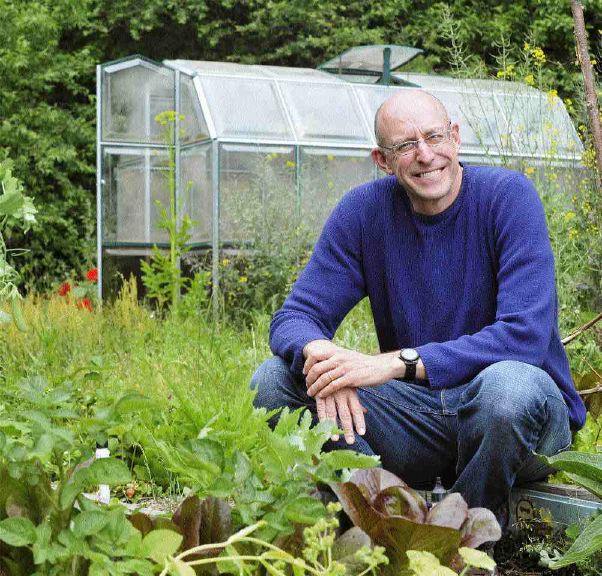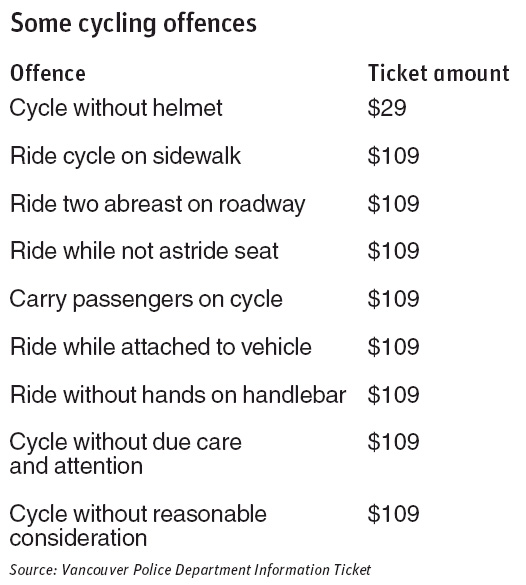Civil investigations can turn into criminal
Vern Krishna
Sun

The line between a civil audit and a criminal investigation is not always clear and the Canada Revenue Agency likes it that way. Photograph by: Jean Levac, Canwest News Service, Financial Post
Some individuals who filed their tax returns by the April 30th deadline await the results of their assessments by Canada Revenue Agency with some trepidation.
Although the income tax system relies primarily upon self-assessment by taxpayers and “voluntary” reporting of tax liabilities, the CRA is always looking over its shoulder to ensure compliance.
The taxpayer initially determines his or her liability and submits the tax return. The CRA checks the mathematical accuracy of the return, reviews supporting documents, performs perfunctory cross checks, and issues a “quick assessment” within approximately eight weeks of filing.
Mercifully for most taxpayers — particularly employees who have income and payroll taxes withheld at source — that is the end of the tax ritual for another year. But it is only the beginning of the process for the tax collector.
The CRA has substantial audit and investigative powers. These powers are of two types: civil audits and criminal investigations.
However, the line between the two is not always clear and the taxman likes it that way. The blurred line allows the CRA to cross over from the civil to the criminal without alerting the taxpayer.
A civil audit is an examination to determine the accuracy of the taxpayer’s self-assessed income.
Such an audit under the CRA’s regulatory powers is a routine process for verifying the taxpayer’s financial information and examining relevant supporting documents.
The purpose of the audit is to ensure regulatory compliance and mathematical accuracy. If the CRA disagrees with the taxpayer’s self-assessed income, it will reassess him and charge interest on any deficiency in taxes paid. The CRA also has the power to impose civil penalties in circumstances where it can show egregious conduct by the taxpayer in preparing his or her return. Civil penalties can add up to an additional 50% (plus interest) of the tax deficiency to the final bill. The courts grant the tax authorities considerable latitude under the civil audit provisions and taxpayers have minimal constitutional rights.
In contrast, a tax investigation is essentially a criminal examination.
The courts vigilantly protect Charter rights in criminal matters.
In an investigation the state is pitted against the individual in an attempt to establish culpability. The adversarial relationship escalates because the liberty of the subject is at stake.
The CRA must look to s. 231.3 (the part of the tax code that deals with obtaining a warrant for search and seizure), which deals with serious offences under the act.
For example, for the purpose of investigating penal liability, s. 231.3 sets out an application process for an ex parte (without notice) search warrant similar to that found in s. 487 of the Criminal Code. The courts are always on high alert in criminal law.
The difficulty is an examination that starts out as a routine civil audit can turn into a criminal investigation. If this happens, the nature of the relationship between the CRA and the taxpayer changes from regulatory supervision to potential criminal prosecution and becomes subject to restrictions under the Canadian Charter of Rights and Freedoms. Nevertheless, the CRA may use any information that it procures during the proper exercise of its audit function in a subsequent penal investigation.
The use of such information for criminal purposes does not offend either s. 7 (the principles against self-incrimination) or section 8 (reasonable expectation of privacy) of the Charter.
Individuals have few privacy interests under section 8 of the Charter in materials and records that they are obliged to keep and produce for the purposes of the Income Tax Act. Once an auditor has inspected or compelled the production of a document or information, the taxpayer cannot be said to have a reasonable expectation that the auditor will guard its confidentiality.
Given the taxpayer’s diminished expectation of privacy, the government’s interest to intrude on the individual’s privacy in order to advance its goals of law enforcement outweighs the individual’s privacy interest in his materials and records.
The CRA may also conduct an audit and an investigation concurrently.
However, once the CRA begins its investigation, it can use further information that it obtains under its concurrent audit powers only for the purposes of the audit and not for the purposes of the investigation.
It is not easy in practice, however, to distinguish the divergence in powers and obligations related to civil audits and investigations.
An inquiry becomes an investigation when its predominant purpose is to determine penal liability.
There is no “bright-line” test for determining the predominant purpose of an inquiry or when it changes.
Apart from a clear decision to pursue a criminal investigation, no single factor governs in every circumstance. Hence, a court has considerable latitude in its decision to admit evidence resulting from an investigation. In arriving at its decision, however, the court will consider the totality of the circumstances to determine whether the inquiry sufficiently engages the adversarial relationship between the State and the taxpayer to warrant Charter protection.
– Prof. Vern Krishna, CM, QC, FCGA, is tax counsel and a mediator and arbitrator at Borden Ladner Gervais and is executive director of the CGA Tax Research Centre at the University of Ottawa.
© Copyright (c) The Vancouver Sun








